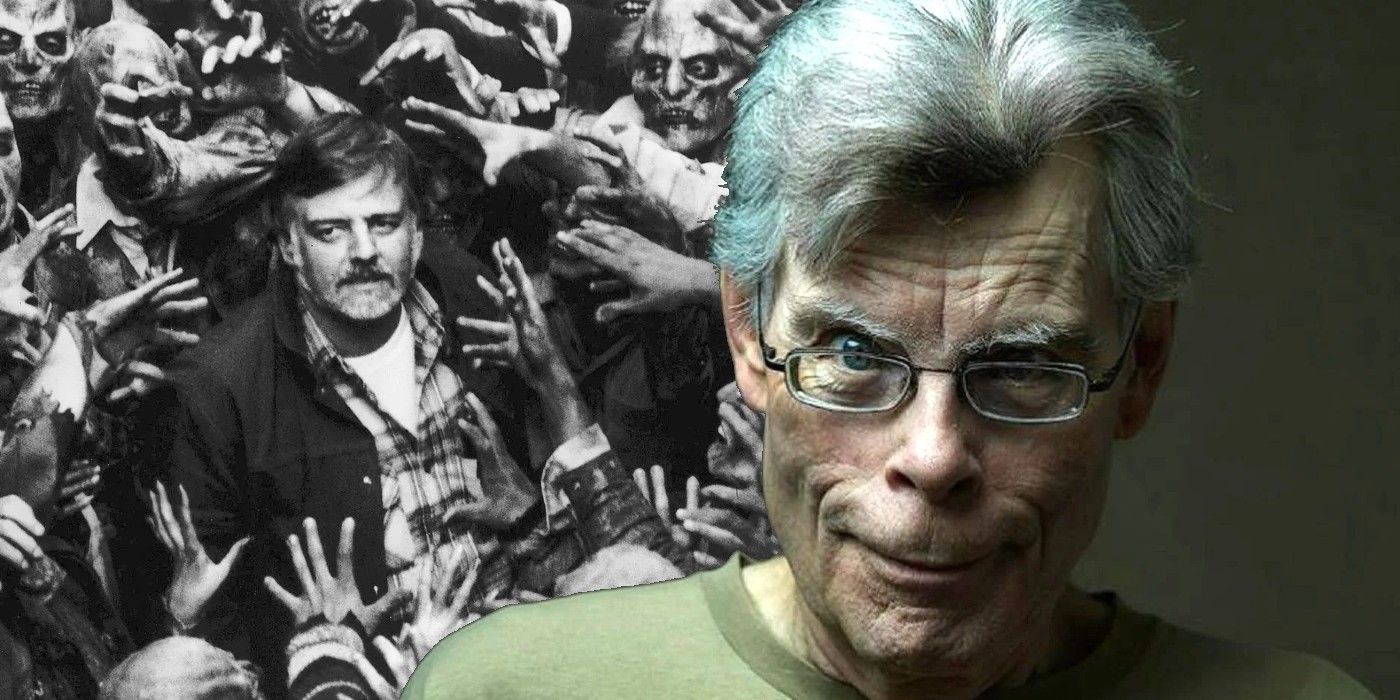
Then there's the problem of thematic repetition. It's a very thin narrative, stretched over a pretty big book, and I'm not sure that one can sustain the other. But what I've told you in that paragraph above? It's the whole story. The book is ostensibly a road-trip narrative where we're following Andy and Charlie across America. It's a series of small events that have repercussions, but none actually really drives the narrative: they feel like bumps in the road instead.įor me, that's a problem. Things happen: there's a hitman hired to pursue them (the amazingly named John Rainbird), Andy and Charlie are separated, Andy becomes addicted to drugs, and then they're captured by The Shop and then they are reunited and then they escape and then the ending happens, where people die and Rolling Stone magazine is, somehow, wound into the tale. When The Shop tries to capture them, they kill Charlie's mother, and now Charlie and Andy run and run and run and run. They're on the run from The Shop, because The Shop wants them back.

His power isn't firestarting but something called "The Push", which is a bit like Jedi mind-control only not quite as cool and effortless. Oh, and also, because the plot needs it, her dad, Andy, is a bit psychic (another side-effect of the experiments). Hers is pyrokinesis, and was triggered by some shady drug experiments committed on her parents by an even-more-shady governmental organisation known as The Shop.


Or, at least, I did the first time that I read it.Ĭharlie McGee is a little girl in the grand, early-King tradition of "kids with special powers". It's one of the books that stepped into public consciousness – it had a film made with Drew Barrymore in, for goodness' sake – and people rattle it off as a classic. And why wouldn't they? It's early King, when (collective wisdom has it) he was still writing exciting, original novels, playing in the ballparks of horror-SF that his diehard early readers love. A few weeks ago, in the thread for The Long Walk reread, commenters began listing their top 10 favourite King books. The problem with something as subjective as literature is that your average reader is, sooner or later, going to disagree with majority opinion and I knew that when it happened during this reread, I would have to write about it honestly.


 0 kommentar(er)
0 kommentar(er)
